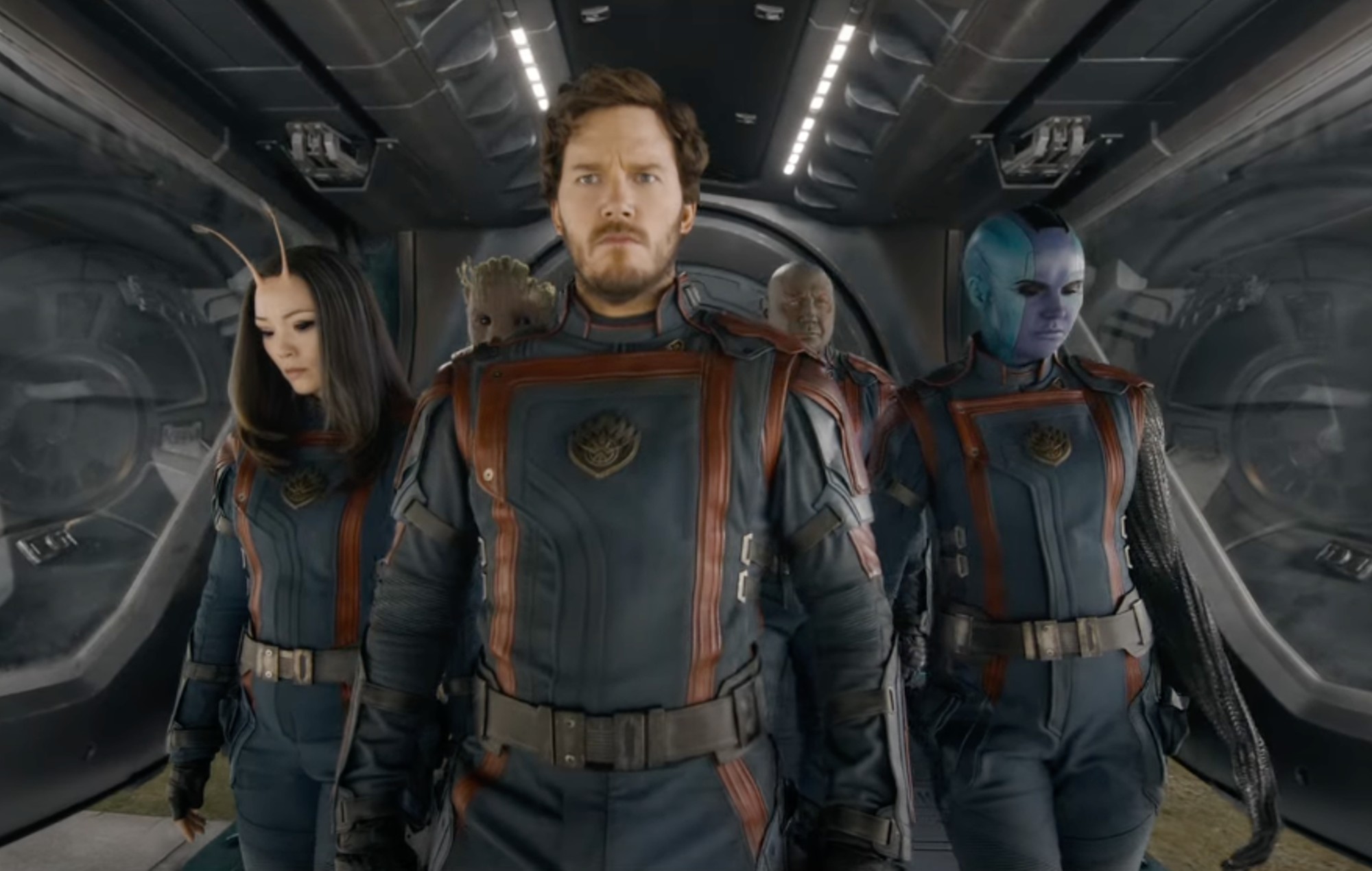
If there’s one thing that has the potential to do the seemingly impossible and unite all of K-pop’s fandoms in 2021, it’s the industry embracing NFTs (“non-fungible tokens” or unique, digital collectibles that can be bought, sold or traded). In the west, artists as big as Kings Of Leon and Mick Jagger have already embraced this new trend that relies on humans’ apparent need for superiority through ownership of things. Now, Korean music companies are lining up to join them.
Last week alone, YG Entertainment, HYBE, music programme The Show and Kakao, which owns labels including Play M, Cre.ker and EDAM, all announced investments and partnerships, or released actual NFTs. This wasn’t a sudden jump into the sphere, though – in the summer, JYP and SM both spoke about plans to move into the NFT space, while boyband A.C.E were the first group to announce their own tokens in April, but quickly scrapped the plan after a backlash from fans.
In some ways, given K-pop’s habit of innovation, it was probably inevitable that the industry would investigate NFTs at some point. That doesn’t necessarily mean it (or any country’s music industry, for that matter) should adopt the digital craze and, given the reaction on social media to some of those recent announcements, it doesn’t seem like a move most fans are about to support either.
In theory, if fans don’t reject K-pop NFTs, it could be a financially smart move for entertainment agencies. The very nature of NFTs makes them limited edition one-offs, something no one else (or very few people, depending how many are made available for purchase) can own – exactly the exclusivity needed to entice us as a society into spending way too much money on an item. They are an unnecessary flex; the next frontier in “proving” that you’re the “ultimate” fan of someone or something (or just that you have more disposable money than everyone else).
There’s the argument to be made that marketing NFTs to fandoms – be they in the K-pop world, other music scenes, sports, or anything else that you can be a fan of – is (or could be) exploitative. When you buy an NFT, what you’re paying for isn’t really the album, photo card, GIF or whatever form it takes – which you might be able to see or hear for free online anyway – it’s the certificate of ownership. But it’s bragging rights that no one else can see, ergo making it pointless, apart from satisfying our own egos.
Take the example of Twitter CEO Jack Dorsey selling the first-ever tweet for nearly $3million – no one who just comes across that tweet on Twitter knows who owns it, nor does the person who bought it really gain anything from having spent quite so much money on it. NFTs, for the most part, seem to be essentially parting with your hard-earned cash in return for nothing much at all.
just setting up my twttr
— jack
(@jack) March 21, 2006
Then there’s the environmental impact of NFTs. Much has been made of those that are linked to cryptocurrency Ethereum using up whole countries’ worth of electricity to power one NFT – not exactly great for our crisis-stricken planet. Some NFT companies have claimed to be using more eco-friendly methods to produce the items, but there’s still a lack of transparency on exactly what that means – “more eco-friendly” compared to a global warming-fuelling nightmare could still be doing a ton of damage.
For agencies whose artists have joined campaigns to raise awareness about climate change, getting on the NFT train is potentially hypocritical. You can’t announce plans to operate in more environmentally friendly ways as a business or sign one of your artists up to an ad campaign for a more sustainable product and then in the next breath start telling the world about your new partnership based on something that will very quickly undo any progress you’ve helped make. It makes the initial gesture seem hollow and as if, when it really boils down to it, money trumps any social responsibility companies might have.
Sure, you can argue that producing millions of physical albums isn’t exactly the best thing for the environment (and nor is traditional streaming thanks to its reliance on servers that also use a massive amount of power). You’d be right, of course, and the practice of selling albums with random photo cards in the knowledge fans will buy multiple copies only exacerbates that issue. But the core idea behind NFTs somehow feels worse, more dystopian – the next phase of our capitalist society eating itself until there’s quite literally nothing left.
The post NFTs are one innovation the K-pop industry doesn’t need to get on board with appeared first on NME.







